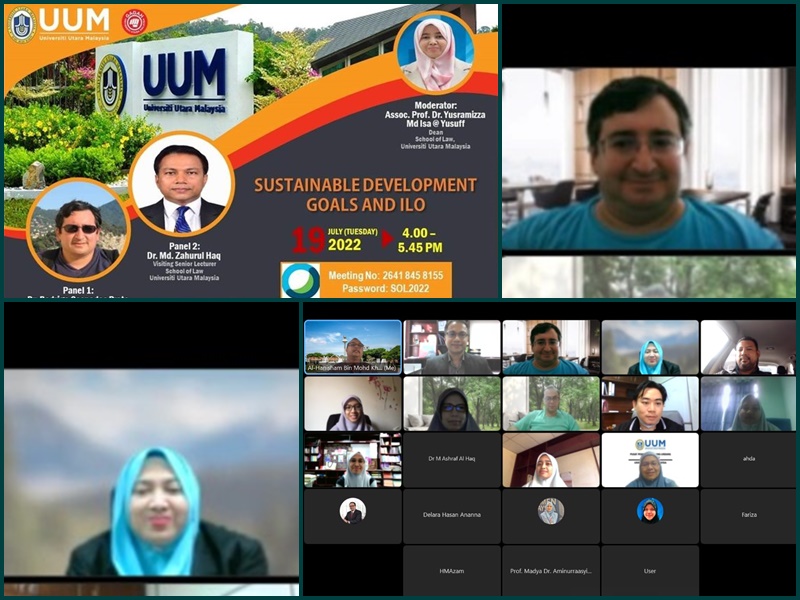
Adopted by all United Nations Member States in 2015, the 2030 Agenda for Sustainable Development presents a blueprint for peace and prosperity for people and the planet, now and in the future. At its core are the seventeen Sustainable Development Goals (SDGs), which are an urgent call to action for all nations, both developed and developing, in a global partnership. They know that eradicating poverty and other deprivations must go hand in hand with initiatives that promote health and education, decrease inequality, and stimulate economic growth, all while addressing climate change and preserving our seas and forests. To do this, the goals must be achievable, quantifiable, and backed by policies based on empirical facts.
In the discussion, touch on Dr Rodrigo Cespedes point of view on an important question that needs to be addressed, as religious practises play a big role in the way indigenous people view their world and their place in it. There are several different religious practises that are specific to indigenous communities in the Americas, and it is important to protect these freedoms so that people can continue to practise their religion or belief freely as part of SDG 2030.
Furthermore Dr. Zahurul Haq Migrant workers have hardships in many regions of the world, just like indigenous people, and their rights must be respected as well. Malaysia has reached four (4) sustainable development goals: SDG 1 (No poverty), SDG 7 (Affordable and clean energy), SDG 8 (Decent work and economic growth), and SDG 9 (Peace, justice, and strong institutions) (Industry, innovation, and infrastructure). However, the known statistics regarding Malaysia's SDG performance is concerning to Malaysians. What about the sustainability of millions of foreign migrant workers without documentation who are an integral component of the social and economic structure? Even though they are foreigners, they contribute to both the Malaysian local economy and the economy of their home country. Therefore, their sustainability is linked to Malaysia.
Finally, Assoc. Prof. Dr. Yuaramizza Mat Isa @ Yusuff summarised the discussion that The 2030 Agenda for Sustainable Development, adopted by all United Nations Member States in 2015, provides a shared blueprint for peace and prosperity for people and the planet, now and into the future. At its heart are the 17 Sustainable Development Goals (SDGs), which are an urgent call for action by all countries—developed and developing—in a global partnership. They recognise that ending poverty and other deprivations must go hand-in-hand with strategies that improve health and education, reduce inequality, and spur economic growth—all while tackling climate change and working to preserve our oceans and forests. Geospatial technology plays an important role in achieving each of the SDGs through monitoring progress, measuring impact, and analysing trends.

